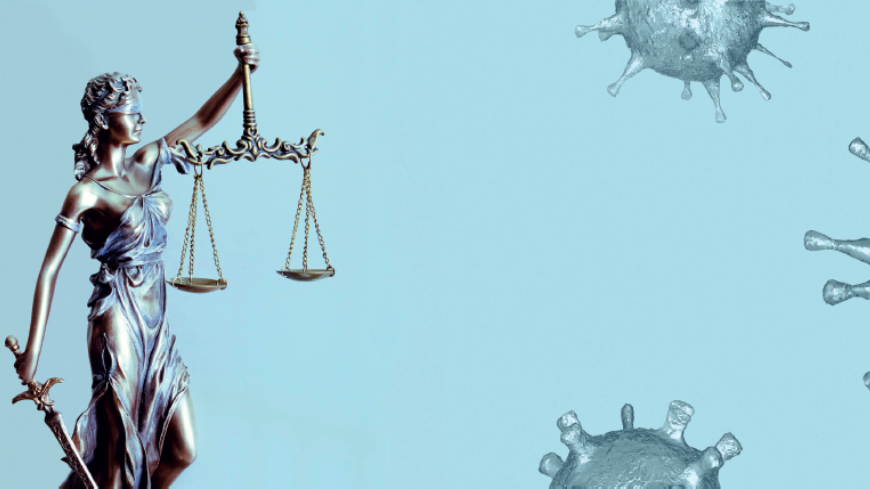What can states do to address persistent and emerging challenges and barriers women face when accessing justice? How can the Covid-19 pandemic incentivise legal professionals in the national justice systems to rethink and reshape national approaches to access to justice and gender equality?
Join us here on 17 November 2022 at 2:30 pm CET, if you would like to learn the findings of the report on the Impact of Covid 19 on Women’s Access to Justice in Europe.
The event will be an opportunity for members of the Council of Europe Gender Equality Commission, national justice authorities, legal professionals, representative of civil society and academia to reflect on the status of implementation, at national level, of the Council of Europe Gender Equality Strategy 2018-2023, and more particularly its third strategic objective on ensuring equal access of women to justice. Participants will also exchange on how to integrate the findings of the research in post pandemic policies promoting gender equality.
On 18 November 2022, representatives of the judicial training institutes from Armenia, Azerbaijan, Georgia, Republic of Moldova and Ukraine will take stock of the results and lessons learned of four years of implementation of the regional project on “Women’s Access to Justice: delivering on the Istanbul Convention and other European gender equality standards” in the Eastern Partnership countries and to shape future projects in the region.
The two events are organised under the joint EU-Council of Europe Programme “Partnership for Good Governance II” in the framework of the regional project on “Women’s Access to Justice: delivering on the Istanbul Convention and other European gender equality standards” in the Eastern Partnership countries, with support from the Council of Europe Gender Equality Commission, in the margins of its 22nd plenary meeting.





